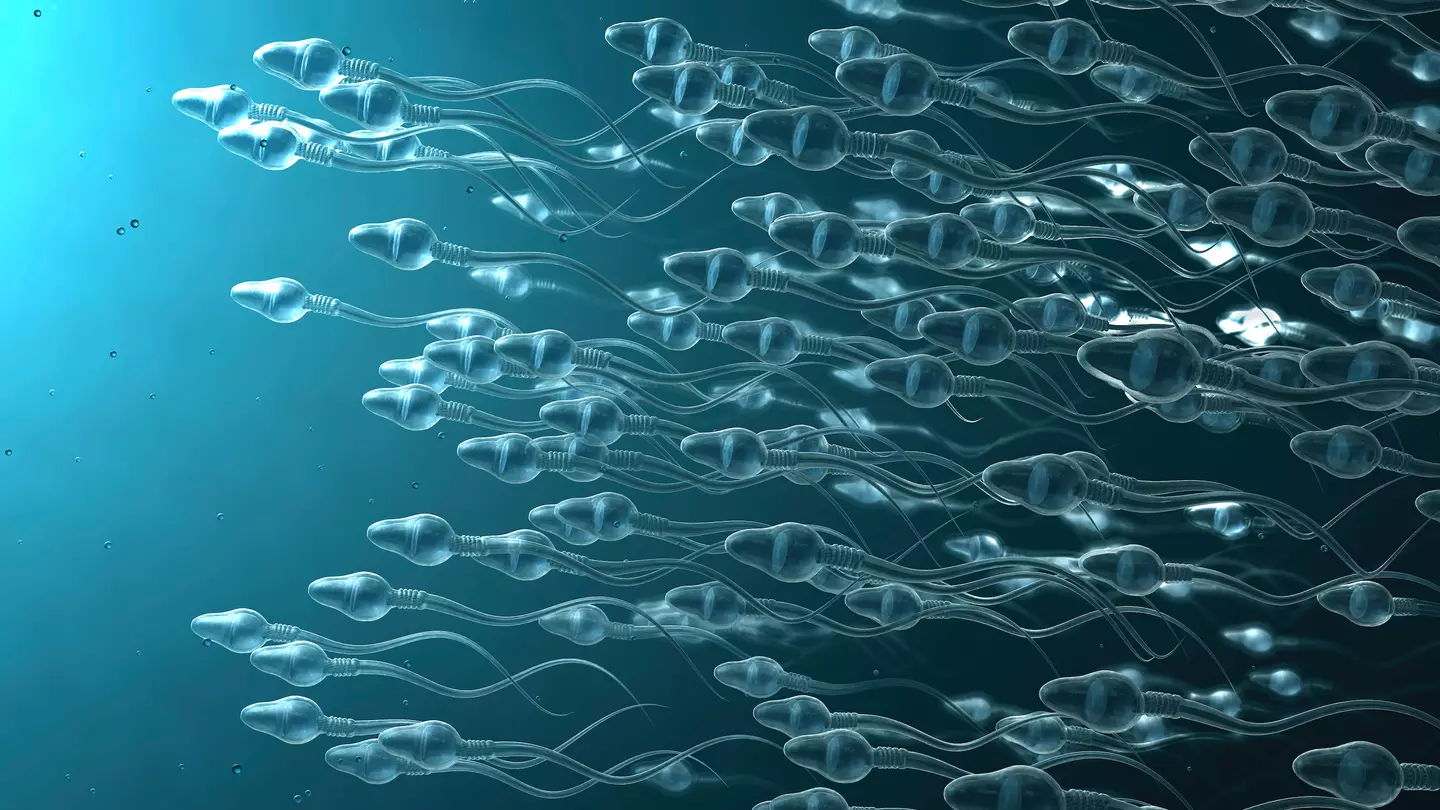
The older a man gets the more his sperm starts to 'go off', to the point that it can have a serious impact on any children he might father later in life.
As you get older, you might discover that some bits of your body don't work quite as well as they used to back in the days when you were a hip young 20-something, and your plums are no exception.
While women are born with all the eggs they'll ever use in their lifetime, men don't start producing sperm until a few years after birth and then the balls are a factory which continues until death, though their output diminishes over time as some experts found out.
A team of scientists from the Wellcome Sanger Institute and King's College London studied the sperm of men aged 24 to 75 to see what kind of mutations had occurred over time and what that mean for any potential children.
Advert

Their study found that around two percent of sperm which came from the testicles of men in their 30s had mutations that could cause disease, which increased to 3.5 percent of sperm by the time a man was 43.
By the time a man is 70, the scientists found that an average of 4.5 percent of sperm was now carrying disease-causing mutations.
According to the experts, the bad news for old sperm doesn't stop there, as they explained there was a 'subtle form of natural selection' going on in the testicles which was giving the mutations in sperm a competitive edge over the healthier stuff.
READ MORE:
Advert
MEN SHOULD HAVE SEX THIS MANY TIMES A WEEK TO LOWER CHANCES OF HEALTH RISK
FIVE WAYS TO MAKE SURE YOU HAVE A 'HEALTHY' PENIS
The scientists found 40 genes where some changes in DNA are favoured during sperm production and these carry major links to childhood diseases, neurodevelopmental disorders and the risk of cancer.
They also found that some of this faulty sperm could interfere with fertilisation, the development of the embryo or cause a loss of pregnancy.
More research would be needed to get a clearer picture of the health impact this would have on children and the scientists hope that further study would help them understand the risks age of the father poses to having children and how certain conditions might be passed down to children.
Advert

Study co-author Dr Matthew Neville said: "We expected to find some evidence of selection shaping mutations in sperm. What surprised us was just how much it drives up the number of sperm carrying mutations linked to serious diseases."
Meanwhile, his co-author Professor Matt Hurles added: "Our findings reveal a hidden genetic risk that increases with paternal age.
"Some changes in DNA not only survive but thrive within the testes, meaning that fathers who conceive later in life may unknowingly have a higher risk of passing on a harmful mutation to their children."
Among the men who donated sperm samples to the study were twins, with the researchers thanking them for their contribution adding an extra dimension to the research given they were the same age and came from the same parents.
Advert
So now you know something new.